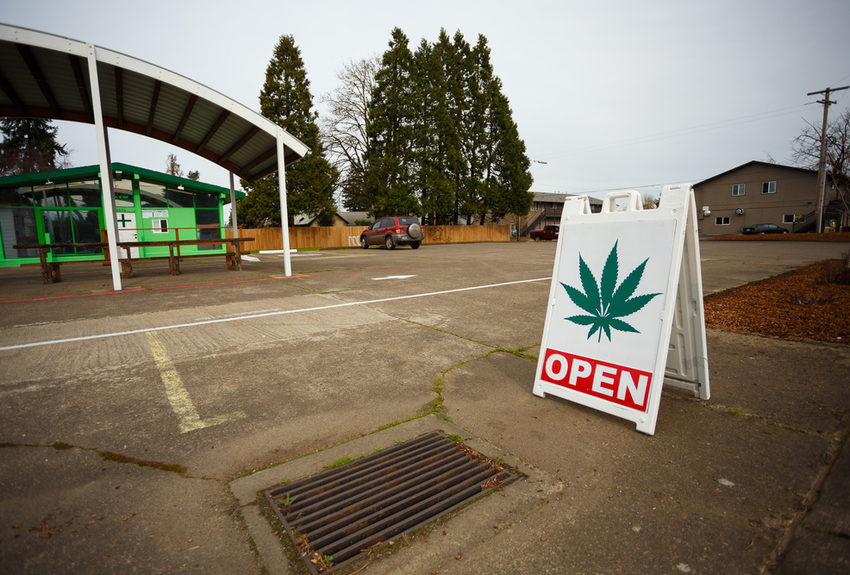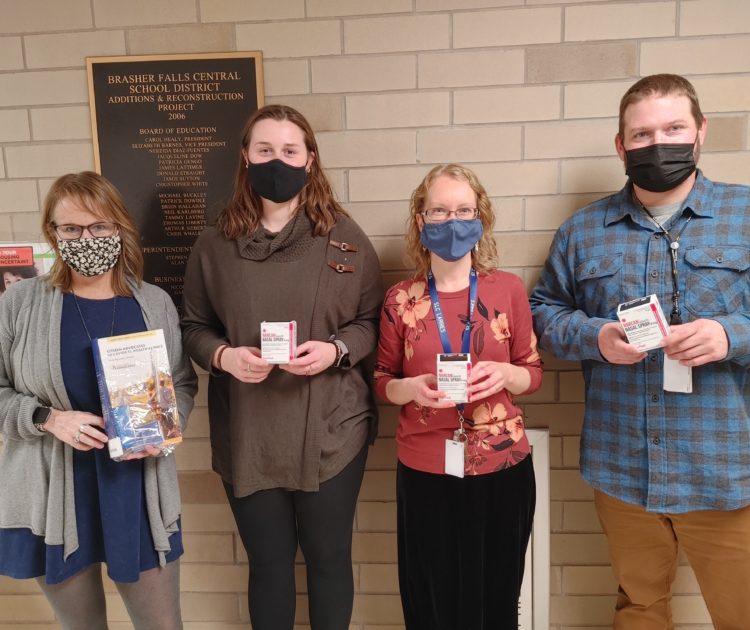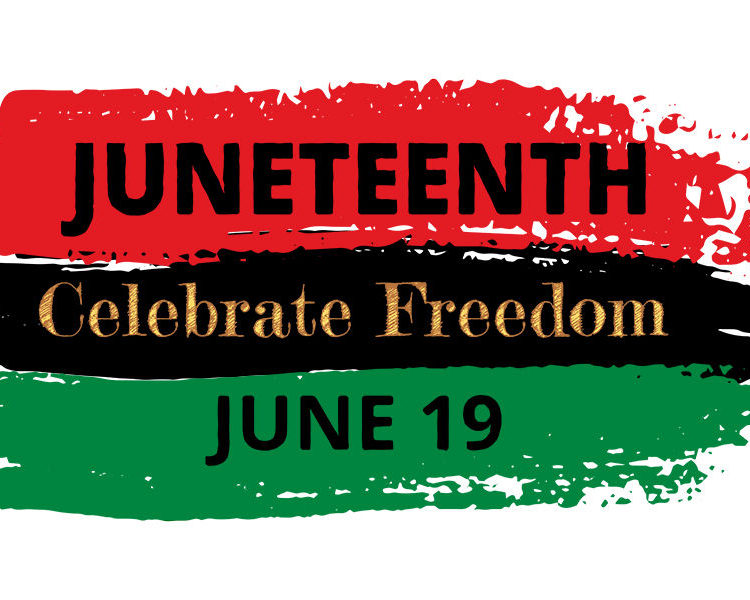As the laws continue to change regarding legalization of marijuana, it can be confusing to understand what it all means. In September of 2021, recreational marijuana became legal in the State of New York. This means that New York residents who are 21 years of age and older are allowed to possess up to three ounces of cannabis for recreational use, or 24 grams of concentrated cannabis, such as oils derived from a cannabis plant. At home, you can store up to five pounds of cannabis, but it must be stored in a secure place.
While this is long-awaited relief for advocates of recreational marijuana use, we want to urge caution when it comes to using this substance, even if it is legal. It’s important to note that smoking cannabis is not permitted in schools, workplaces or inside a car. It remains illegal to drive under the influence of marijuana. Police can pull drivers over who they believe are impaired and an officer is allowed to cite the smell of burned cannabis as a reason to suspect that a driver is impaired.
The Gateway Drug?
While we do acknowledge that marijuana can be beneficial in some settings, studies have proven that marijuana is addicting. According to the National Institutes of Health (NIH), 30 percent of marijuana users may have some degree of use disorder and feel withdrawal symptoms when not taking the drug.
In the early 2000s, health educators often claimed that marijuana was a gateway drug, meaning users likely ingested marijuana before using other illicit – and often deadly – substances. While this has mostly been debunked, marijuana users are at an increased risk of trying other drugs in social situations when the drugs are readily available.
Other Challenges
As the market for marijuana becomes more controlled on a New York State and federal level, there are other issues that pose challenges:
- Children: Many marijuana products look like candy and are distributed in the form of gummies, cookies and lollipops. Products are packaged in kid-friendly wrapping with familiar logos and colors. This is why it’s crucial for all marijuana products to be placed out of reach of children. We recommend you place them inside a lockbox. If a child ingests tetrahydrocannabinol, the active ingredient in marijuana, they need to receive medical attention as soon as possible.
- Low-income communities: Marijuana has been shown to be more prevalent in low-income communities. According to the National Library of Medicine, “Black youth disproportionately reside in urban neighborhoods with high levels of crime, poverty, and violence wherein a wide array of illegal behavior, including marijuana use, may be reinforced.” In New York State, a few cannabis dispensaries are popping up on Tribal land, even though the laws are less clear here.
- Public health: There are a lot of vocal groups in the medical community that oppose legalizing marijuana for recreational use, including the American Medical Association (AMA), the American Society of Addiction Medicine (ASAM), the American Academy of Child and Adolescent Psychiatry, and the American Academy of Pediatrics.
- Fentanyl: Perhaps the most dangerous issue when it comes to recreational marijuana is fentanyl. This harmful synthetic opioid is, unfortunately, becoming mixed with marijuana in some places. Users who buy marijuana from street dealers might end up buying products that are laced with fentanyl and other methamphetamines, which can result in death. Do not purchase cannabis products from a street dealer.
- Vaping: This newer trend of e-cigarettes and e-smoking is harmful to your lungs. A recent study from Johns Hopkins University revealed thousands of chemical ingredients in vape products, most of which are not identified and include pesticides and flavorings linked with toxic effects and respiratory irritation.
While there are legal ways to partake in recreational marijuana, we want to highlight that marijuana can negatively impact your life and the lives of loved ones. It can be addicting and it’s quite dangerous to mix marijuana with other substances. We’ve seen this drug wreak havoc in low-income areas. We’ve seen individuals struggling to leave marijuana behind and have watched them relapse. We have also seen positive stories of individuals living in recovery, enjoying a full and meaningful life.
If you or a loved one are concerned about substance use disorder, or are looking for outpatient support and services for addiction recovery care, please let us know. We’re here to help.
—-
24-HOUR CRISIS LINE
(518) 483-3261
(518) 891-5535


 Previous Post
Previous Post


